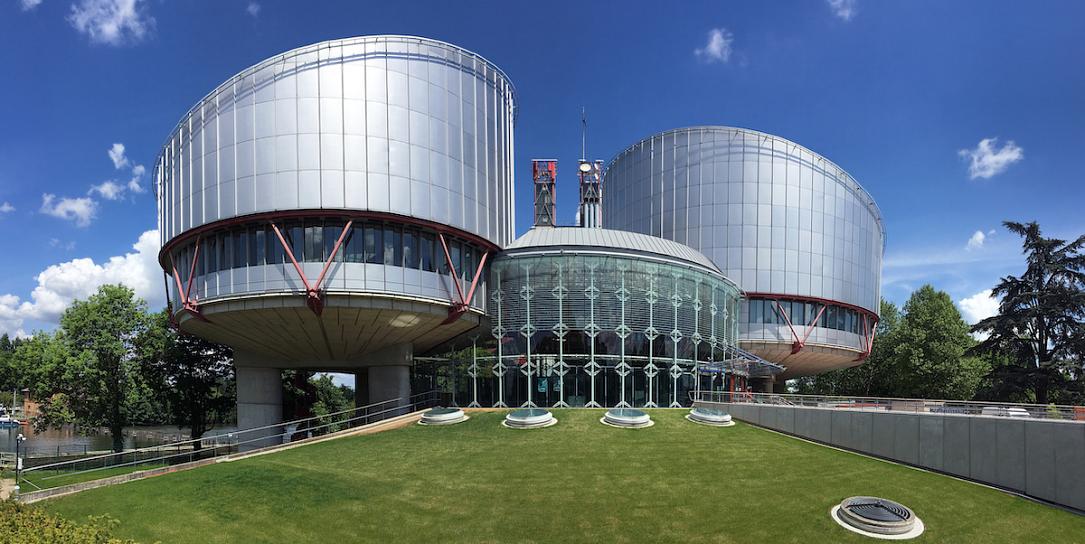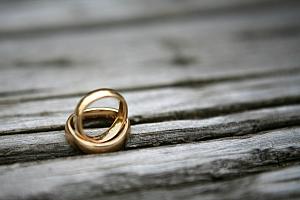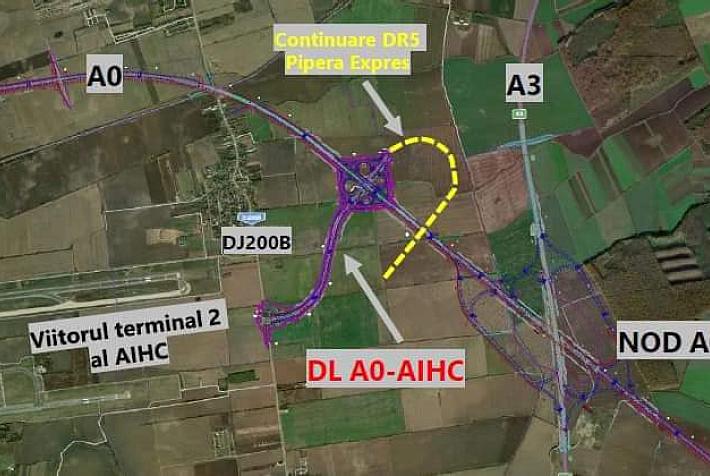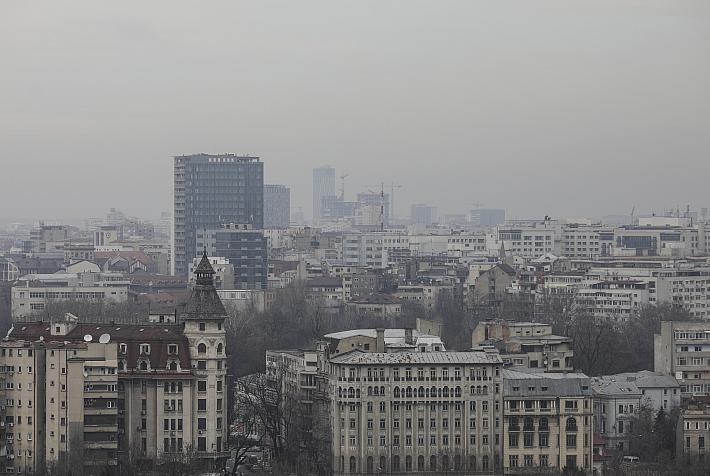ECHR condemns Romania over failure to recognize same-sex relationships

The European Court of Human Rights (ECHR) recently ruled to condemn Romania for failing to provide any sort of legal recognition for same-sex relationships. The court’s judges, by a majority of 5 to 2, held that Romania is in violation of Article 8 (right to respect for private and family life) of the European Convention on Human Rights.
The ruling comes in the case of Buhuceanu and Others v. Romania, which involves 21 same-sex couples who are Romanian nationals living in various parts of the country.
The couples had been living together for varying lengths of time when they respectively gave notice to their local registry offices (Serviciul de Stare Civilă) of their intention to marry. Those requests were rejected as being contrary to Articles 271 (“Marriage is concluded between a man and a woman”) and 277.1 (“Same-sex marriage is prohibited”) of the Civil Code.
As a result, the applicants complained to the ECHR in 2019 and 2020 that it is impossible for them to enter together into any type of legally recognized union in Romania. NGOs like the Council of European Commissioner for Human Rights, Dentons Europe, the FILIA Center, and Declic, among others, also made third-party submissions.
The Court reiterated that the Member States were required to provide a legal framework allowing adequate recognition and protection of the relationship of same-sex couples. It found that the applicants, like other couples in their situation, were unable to access numerous social and civil rights available under the law to married couples and to regulate areas such as property and inheritance within the couple.
The Court noted the government’s argument that these rights could be replicated by private contractual arrangements but held that the argument lacked detail, and in any case, had already been rejected in the Court’s case-law. Furthermore, the Court stated that negative attitudes on the part of the heterosexual majority could not override the applicants’ interests in having their relationships recognized and that allowing recognition of same-sex unions would not harm the institution of marriage, as opposite-sex couples could still marry.
The Court found in particular that Romania had a duty to provide adequate recognition and protection for same-sex relationships, although it had discretion as to the form and the protections afforded. None of the government’s arguments regarding same-sex marriage could outweigh the applicants’ interest in having their unions recognized.
(Photo source: Steve Allen | Dreamstime.com)















